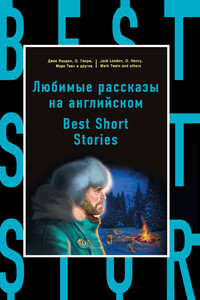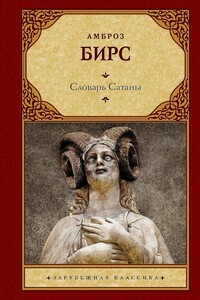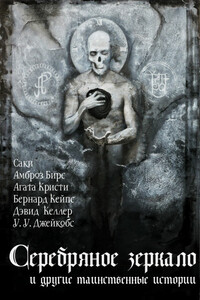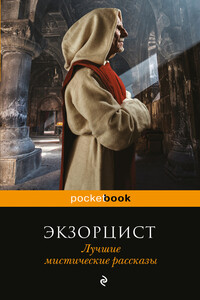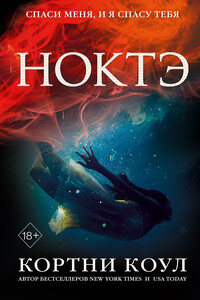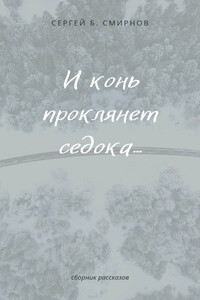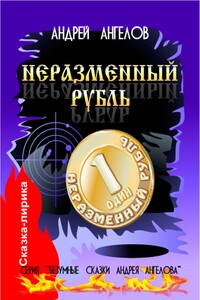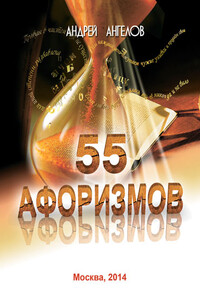The Stories of Mystery | страница 12
She invariably wears a glove on her left hand, and it is bulged over the third finger, where lies that leaden ring.
She is not a happy woman, although her aunt is dead and has left her a handsome estate. She has not got many acquaintances. She has no friends; for her temper is unamenable, and her tongue is bitter. She supposes that the world, as far as she knows it, is in league against her.
Towards the memory of James Hattersley she entertains a deadly hate. If an incantation could lay his spirit, if prayer could give him repose, she would have recourse to none of these expedients, even though they might relieve her, so bitter is her resentment. And she harbors a silent against Providence for allowing the dead to walk to molest the living.
E. F. Benson
The Bus-Conductor
My friend, Hugh Grainger, and I had just returned from a two days’ visit in the country, where we had been staying in a house of sinister repute which was supposed to be haunted by ghosts of a peculiarly fearsome and truculent sort. The house itself was all that such a house should be, Jacobean[13] and oak-panelled, with long dark passages and high vaulted rooms. It stood, also, very remote, and was encompassed by a wood of somber pines that muttered and whispered in the dark, and all the time that we were there a southwesterly gale with torrents of scolding rain had prevailed, so that by day and night weird voices moaned and fluted in the chimneys, a company of uneasy spirits held colloquy among the trees, and sudden tattoos and tappings beckoned from the window-panes. But in spite of these surroundings, which were sufficient in themselves, one would almost say, to spontaneously generate occult phenomena, nothing of any description had occurred. I am bound to add, also, that my own state of mind was peculiarly well adapted to receive or even to invent the sights and sounds we had gone to seek, for I was, I confess, during the whole time that we were there, in a state of abject apprehension, and lay awake both nights through hours of terrified unrest, afraid of the dark, yet more afraid of what a lighted candle might show me.
Hugh Grainger, on the evening after our return to town, had dined with me, and after dinner our conversation, as was natural, soon came back to these entrancing topics.
‘But why you go ghost-seeking I cannot imagine,’ he said, ‘because your teeth were chattering and your eyes starting out of your head all the time you were there, from sheer fright. Or do you like being frightened?’
